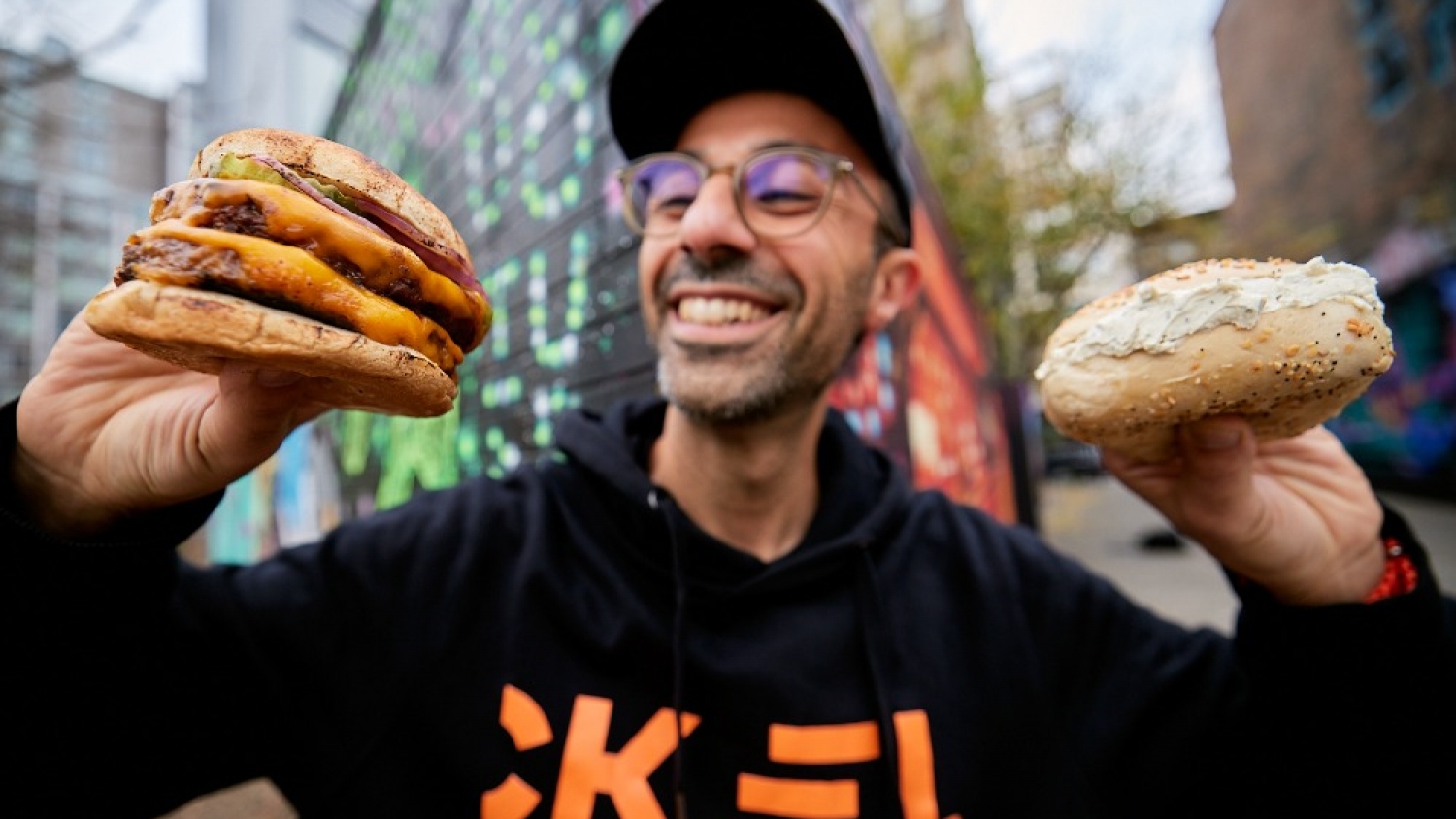
According to AgFunderNews, Stockeld Dreamery, a New York-based plant-based cheesemaker founded in 2019 by Anja Leissner and Sorosh Tavakoli, has announced it will cease operations, citing insufficient market momentum to justify further investment. The closure underscores the ongoing challenges in scaling alternative dairy products, even amid growing interest in vegan and plant-based foods.
The startup, which produced cultured legume-based cheeses, secured over $20 million in funding from investors including Astanor Ventures and Northzone. Its products were stocked in more than 500 locations in the New York area, including bagel shops, burger chains, and retailers, with recent deals adding 17 Whole Foods stores in NYC and a listing with Fresh Direct.
Despite these footholds, Tavakoli told AgFunderNews that the anticipated surge in demand from flexitarian consumers—the key demographic the plant-based sector has relied on—“simply didn’t have the momentum to justify raising more capital.” He emphasized that, while vegans and individuals with dairy allergies remain interested in non-dairy cheese, the broader cultural shift toward alternative proteins has been slower than expected.
“The elephant in the room now facing all players in the sector is that the underlying consumer demand to shift away from animal products is just not there, at least not yet,” Tavakoli said, highlighting a stark contrast with the success of plant-based milk. Unlike milk, he explained, cheese presents greater technical challenges and is deeply entrenched in culinary habits.
Market realities and consumer behavior
According to SPINS data for the 52 weeks ending September 7, 2025, U.S. retail sales of refrigerated plant-based cheese declined across multiple categories: total sales fell 8.5% to $220.3 million, shredded and grated cheese fell 4.1% to $107.8 million, sliced and snacks dropped 13% to $78.9 million, spreads decreased 1.7% to $9.7 million, and other forms, including blocks, fell 14.5% to $24 million. Tavakoli said retailers are adjusting shelf space accordingly.
“You can’t blame investors and retailers for cutting back selections. They are just responding to consumers and realigning shelf space to reflect whatever people want to buy,” he remarked. Tavakoli cited the closure of NYC’s Neat Burger, replaced by a conventional burger chain with no vegetarian or vegan options, as indicative of the limited flexitarian uptake.
While Stockeld’s products received positive feedback and competed alongside top sellers, Tavakoli acknowledged that “we’re not out-selling them, and I think that’s ultimately what made us decide [to throw in the towel] rather than dragging things out.”
Challenges in profitability and scale
The startup’s path to profitability was hindered by the need to reach a scale that would sustain operations with a small team. Tavakoli noted, “We needed about $6 million of revenue to become profitable with a very small team, and that was looking to be four years away.” Even exploring potential partnerships to reduce overheads proved insufficient.
Stockeld has committed to a responsible wind-down process. The team is supporting the sale of remaining equipment, closing offices and labs, and liquidating inventory. Tavakoli mentioned ongoing discussions regarding the company’s intellectual property and possible opportunities for other firms to acquire it.
Looking ahead for alternative dairy
Despite the shutdown, Tavakoli remains optimistic about the broader alternative protein sector. Advances in precision fermentation, molecular farming, and other technologies could create more viable economics for alt dairy and meat products in the future. He pointed to emerging moves into higher-value products such as lactoferrin, functional ingredients, and nutritional add-ons as examples of strategies that may unlock sustainable markets.
“We knew success would demand something extraordinary and we came close, but as the market fell, it just got so much harder than we ever expected,” he concluded, underlining the ongoing challenges in converting consumer curiosity into sustained demand for plant-based cheese.
